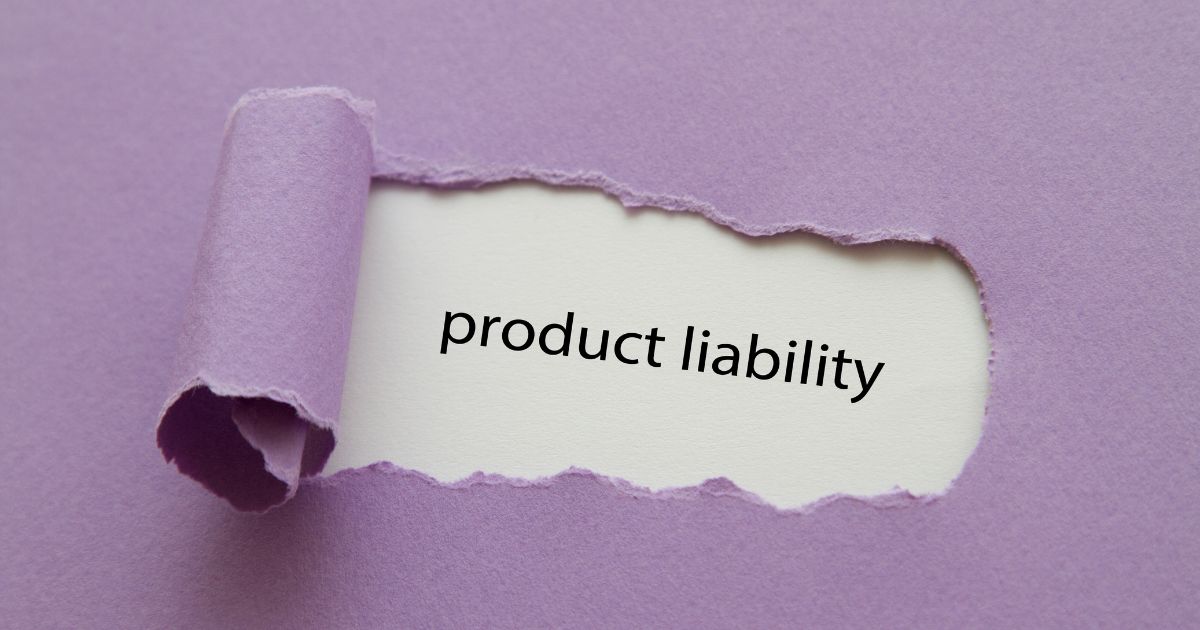
Thanks to ongoing advances in technology, health care providers are able to utilize a wide range of medical devices to diagnose conditions earlier, provide improved patient monitoring, develop a targeted treatment plan, and communicate regularly. Unfortunately, while all medical devices must go through a series of clinical trials before they are approved by the FDA, there are instances where defective medical products are used to treat patients. Depending on the nature of the product defect and the health conditions that the device is being used to treat, this can cause serious or fatal health complications.
In order to obtain FDA approval for a medical device, the medical device company will need to complete the following steps:
Even if a medical device has been approved, it is important to understand that the clinical trials often involve only a few hundred patients, and they are not tested in real-life scenarios. That means that there may be situations where a device that was approved by the FDA may not be safe for human use. In some cases, the defective medical device can cause serious, potentially life-threatening injuries to patients.
Defective medical devices can cause a range of health complications, from an existing condition worsening to new health issues. In extreme cases, the defective device can cause a devastating fatality. If you have been injured by a defective medical product, it is recommended that you contact a lawyer who can help you file a medical products liability lawsuit. This process involves reporting the issue to the FDA through MedWatch, which is the medical product safety reporting program.
Your lawyer will also help you collect as much evidence as possible, including proof of any defective materials that may have been used during the manufacturing process, whether there was a flaw in the design or if there was a marketing issue. In Pennsylvania, there is a two-year statute of limitations for filing a medical products liability lawsuit. Having a dedicated lawyer on your side will ensure that your lawsuit is filed within this deadline.
Despite the rigorous FDA approval process that all medical devices are subject to, the following are some of the main causes of product defects:
Unfortunately, there are a number of medical devices that are used by health care providers, despite the fact that they have been subject to FDA safety alerts and recalls. Contact a lawyer if you have been harmed by a defective medical product. Your lawyer will determine your legal options and protect your rights.
If you have a serious injury or health complication due to a defective medical product, do not hesitate to contact one of our Philadelphia medical products liability lawyers at Brookman, Rosenberg, Brown & Sandler as soon as possible. We will help you determine your options. To schedule a free, confidential consultation, call us at 215-569-4000 or contact us online. Located in Philadelphia, we serve clients in Pennsylvania and New Jersey, including Delaware County, Chester County, and Philadelphia County.